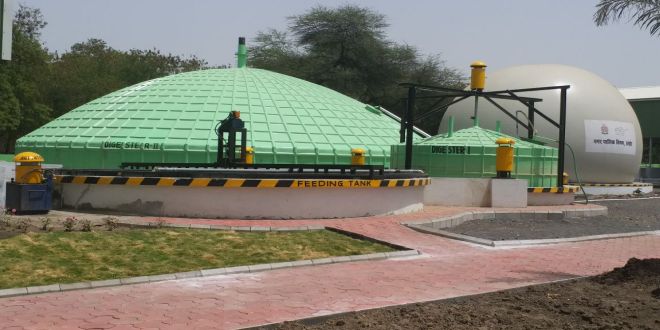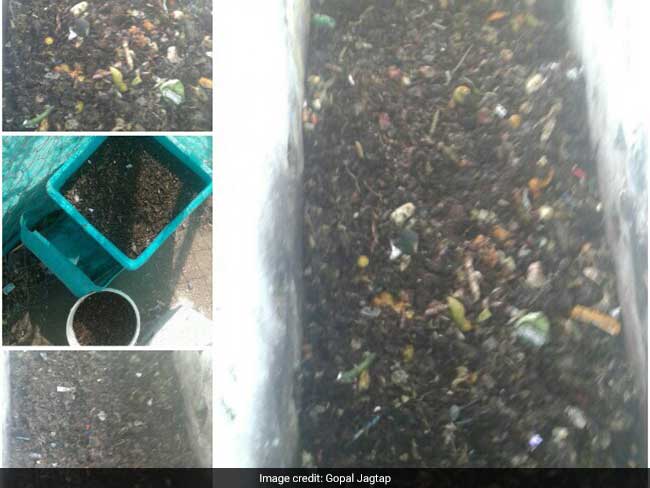New Delhi: India’s cleanest city for two years in a row in Swachh Survekshan, Indore, is yet again leading the way with its latest initiative of converting waste generated in vegetable and fruit mandi or market to power its public transport buses. Indore has been on the forefront of waste management right from introducing third bin for sanitary waste to having a decentralised waste treatment system at every hospital, school, Resident Welfare Association (RWA). The bio-CNG generated from the organic waste collected from the biggest mandi in the city will be used to run 20 buses.
Speaking to NDTV about the initiative, Asad Warsi, Swachh Bharat Mission Consultant, Indore Muncipal Corporation (IMC) said,
We have installed a bio-mechanisation plant at Indore’s biggest fruit and vegetable mandi– Devi Ahilyabai Holkar. Every day around 20 metric tonnes of waste is generated in the mandi. With the help of this waste, 1,000 kgs of bio-CNG is generated using bio-methanation process.
Also Read: Here’s How India’s Cleanest City, Indore Is Adopting The ‘Clean, Segregate, Compost’ Mantra
Process Of Converting Waste To Wealth
Bio-methanation process generates three types of gases, methane, carbon dioxide (CO2) and Hydrogen Sulphide (H2S). For the first time in the country, IMC has installed a separation system which separates all the three gases. Once separated, Methane is cleaned, purified and compressed and then converted into bio-CNG which can fuel 20 buses every day.
Today (May 21) itself we started a trial. Currently, two city buses are being run on a trial basis. If it goes successful, within next 10 days, 20 city buses will run on bio-CNG. Along with this, since May 15, 10 auto rickshaws are also being tested, tells Mr Asad.
Bio-CNG: Economical And Eco-Friendly
The bio-CNG is expected to be cheaper by Rs. 5 per kg as compared to the regular CNG. This means, with use of 1,000 kgs of bio-CNG on a daily basis, IMC will save Rs. 5,000 a day on the fuel expenses of these buses. That means a saving of about Rs. 1.5 lakhs a month.
Also Read: Swachh Survekshan 2018: Indore Retains Its Tag Of India’s Cleanest City
It is a unique initiative in itself, reason being, we are reducing our carbon footprint along with converting waste to wealth. It is a win-win situation, exclaims Mr Asad.
Further talking about making use of waste generated from mandi, Mr Asad says,
We have installed a generator of 125KWH to run bio-mechanisation plant. The generator runs on the electricity generated using this waste. The slurry generated during this entire process is used for making compost.
All in all, the plant installed in the mandi provides bio-CNG, electricity, compost and last but not the least makes money for the government.





























